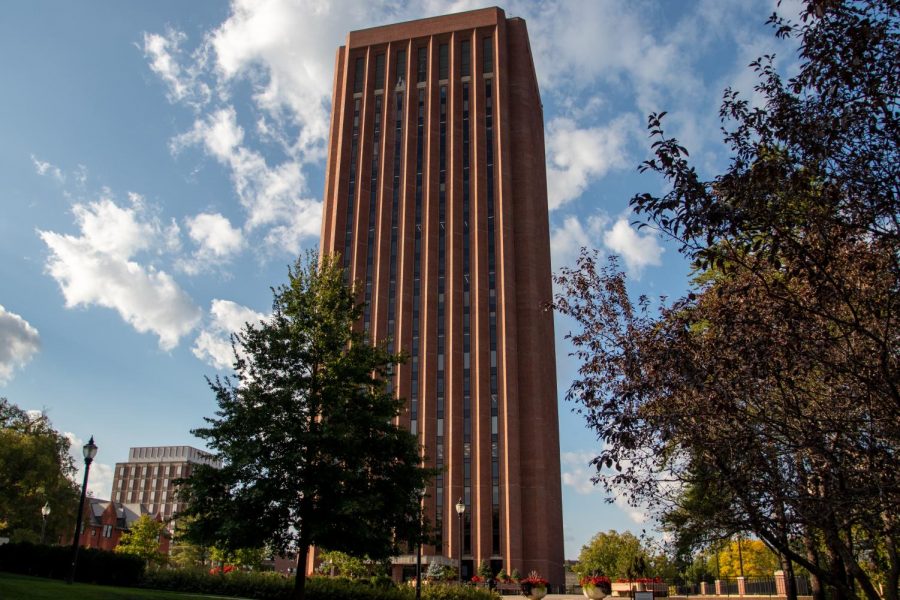Recently, I spoke with a close friend about systematic racism and other harsh realities within America that affect people of color, specifically Black Americans. While I have become more aware of these constant struggles, I’ve never really taken on the personal responsibility of asking myself, “What has my own minority group contributed to the discrimination of Black Americans, and what can I do moving forward? ”
Maybe I never took a deeper look because I wanted to avoid the guilt, but it is now the time as a first generation Lebanese, American student to face the harsh reality that my own culture carries unwarranted biases contributing to the oppression of Black Americans.
Living in a Middle Eastern household and community has always made me feel less American or “white.” The feeling of being an “other” made me ignore the privilege of being part of a more accepted minority group. In a 2017 NPR article titled, “’Model Minority’ Myth Again Used As A Racial Wedge Between Asians And Blacks”, the divide among minority groups is made clear. Janelle Wong, the director of Asian American studies at the University of Maryland, speaks to the different levels of acceptance toward minority groups, saying, “making a flawed comparison between Asian Americans and other groups, particularly Black Americans, to argue that racism, including more than two centuries of Black enslavement, can be overcome by hard work and strong family values.” She discusses the idea of “Asian American success” diminishing the reasons for “Black failure”, that we (white Americans and non-Black people of color) can ignore “racism or the damage it continues to inflict.”
The point: white Americans, along with non-Black people of color, have tried to protect their own privilege by not addressing the specific injustice and racism toward Black Americans. And for that, I am sorry.
From a young age, within my Middle Eastern community I witnessed racism, stereotypes and biases against differing racial, ethnic and religious groups, but especially toward Black Americans. Racist remarks, assumptions and stereotypes being stated as fact were almost normalized.
I did not understand, until I did.
I accepted that my community had prejudices against others and hoped that one day things would change, that I would personally strive for change in pursuit of bettering my community as a whole. I realized later that ignoring the issues and hoping for the best is not a catalyst for change. As soon as I fully understood the depth and consequences of the bias in my own community, I was able to recognize my own implicit bias, making me aware of my own part in enabling discrimination toward the Black community. Awareness is the first step, because it is a choice to remain ignorant.
In a Boston Globe article titled “Non-Black minorities are complicit in Black oppression” author Ali Shahbaz writes, “How could these minorities fight racism against Black communities when they have themselves failed to confront their anti-Blackness?” In not confronting our own anti-Blackness we, even unconsciously, enable the oppression of Black Americans. The silence, the avoidance and the ignorance is prominent from non-Black minority groups, and it stems from insecurity and instability within their own place in America. The oppression of Black Americans has projected and stabilized non-Black people of color’s place, enabling their hesitation and avoidance of confronting their anti-Blackness.
Our silence is loud and it cannot continue.
I no longer accept these biases in defense of my community or in protection of my own privilege, but I acknowledge them to move forward, to do better and to help in ending injustice toward Black Americans.
I think the main takeaway should be that no matter your race, ethnic group or community, we are all individuals born with biases that we need to examine if we want to end the injustices toward Black Americans. Just because something is not our own experience does not make it any less real for others. Be aware, be open to change and overall be empathetic.
Kathryn Karam is a Collegian Contributor and can be reached at [email protected].


















